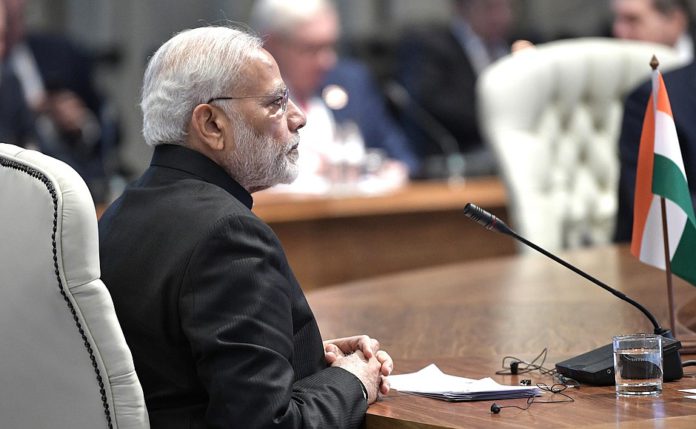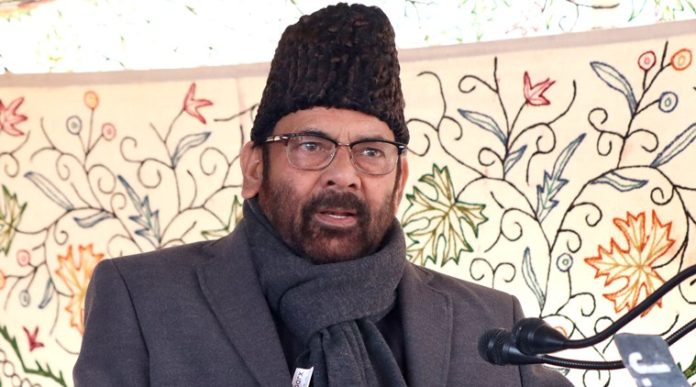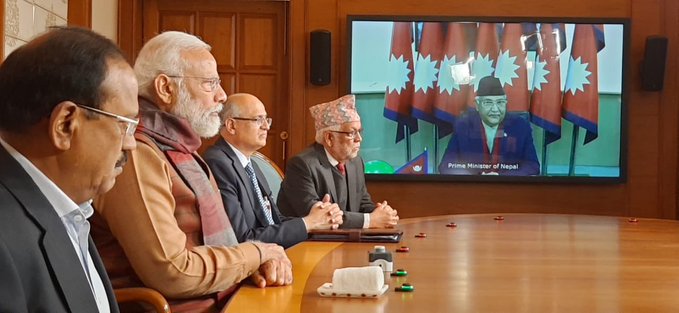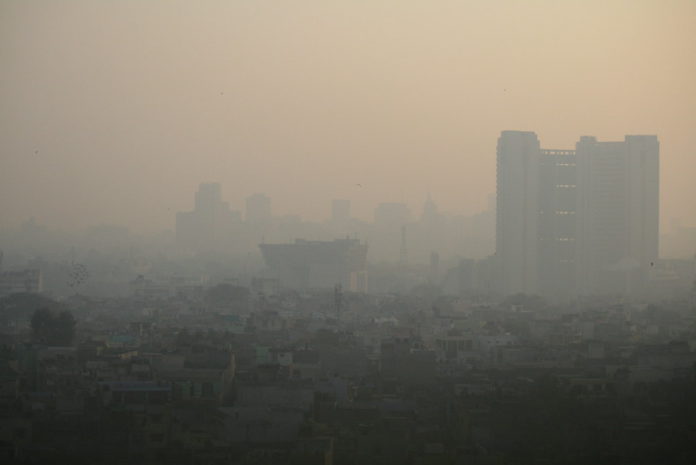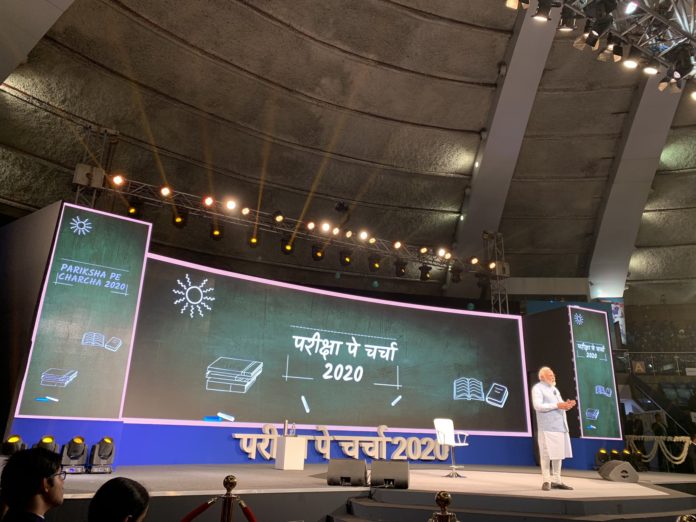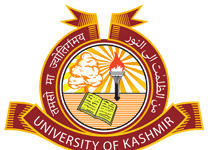New Delhi (NVI): Online food delivery and restaurant discovery platform Zomato has acquired the Indian operations of Uber Eats, the food delivery business run by Uber.
The all-stock transaction will give the US-based ride-hailing company about 10% shareholding in Gurgaon-based Zomato.
While the two companies did not share the deal size, sources said it was pegged at about $300-350 million.
Following the acquisition, Uber Eats in India will cease to exist as a separate brand. It will discontinue operations and direct restaurants, delivery partners, and users of the Uber Eats apps to the Zomato platform, effective from Tuesday.
Dara Khosrowshahi, CEO of Uber, said, “Our Uber Eats team in India has achieved an incredible amount over the last two years, and I couldn’t be prouder of their ingenuity and dedication.”
“India remains an exceptionally important market to Uber and we will continue to invest in growing our local rides business, which is already the clear category leader,” Khosrowshahi said.
Zomato will not absorb Uber Eats’ team in India. This means around 100 executives will either be reallocated to Uber’s other verticals here or laid off.
With the acquisition going through, the combined entity of Zomato and Uber Eats India is expected to corner more than a 50-55% market in terms of the number and value of orders, pulling it ahead of Swiggy.
Uber entered the food delivery business in 2017 when Swiggy and Zomato had already roped in major restaurants and chains in exclusive partnerships. Uber relied heavily on discounting to acquire and retain users. While it has been able to establish market leadership in some small towns and cities, the two larger food delivery companies continued to fight for market leadership.
The deal comes close on the heels of Zomato raising $150 million in funding from existing investor Ant Financial, an Alibaba affiliate, at a $3 billion valuation.
Sources said that with the sale of the food business, Uber would now focus on its rides business and expansion to tier 2 cities.


